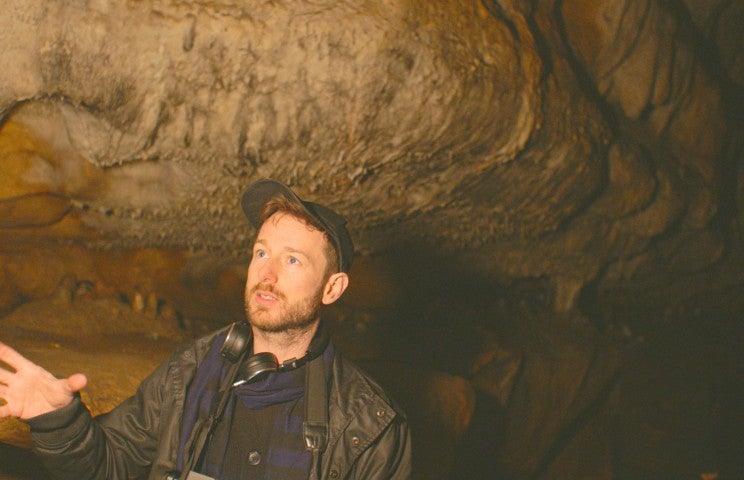S'inspirer, respirer Feminism: will the new global wave sweep away the patriarchal order?
A meeting dedicated to social debates, the cycle « S’inspirer, respirer » conceived by journalist and author Jean-Marie Durand focuses on the environmental, social, racial and democratic impasses, among others, around which our era is woven.
The #MeToo movement, following the planetary shockwave of the Weinstein affair in 2017, has unquestionably awakened a general interest in feminism: a word has been set free on a global scale. A word that was individual and not very audible has become collective and heard. Even if they are not registered in militant groups, women can, thanks to a like or a hashtag, publicly claim their commitment and participate in a global political mobilization. This movement has sealed the unity of the « third feminist wave » around the fight against violence against women, as the right to vote had federated the first feminist wave at the beginning of the 20th century and abortion in the 1960s-70s, the second wave.
By making visible the multiplicity of personal experiences, social networks have facilitated the « ordinary appropriation of feminism ». If the first wave believed in the legal transformation of the female condition, the second in the revolution of mentalities, the third intends to put an end to patriarchal oppression.
The strength of current feminisms does not lie in a state feminism but in a feminism of movements. Movements that political institutions (parties, states) often have difficulty in understanding. However, these movements are taking place all over the world. In particular in the countries of the South, where women’s strikes, denunciations of feminicides and ecofeminism preceded and announced the #metoo movement. It is to this process of internationalization of a « women’s people » that we will focus here with our guests Fabienne Brugère, Florence Rochefort and Guillaume le Blanc. From « Ni Una Menos » in South America to #MeToo in North America, from Indian ecofeminism to Korean net-feminism, from the emergence of matrimony to the formation of collages in France… all the movements of today give reason to the intervention of the actress Adèle Haenel who in 2019 affirmed that « the taking of word puts us in common, makes us a people ».
This people, in the process of emerging, remains obviously fragile. Within it, it makes room for divergent positions, as has always been the case in the history of feminism, between reformist feminism and revolutionary feminism. But, above all, it comes up against the resistance of a dominant, muscular, even abusive masculinity, against which it will also be up to men to rise up to become allies and invent what the American activist Bell Hooks, who died last year, called a « feminist masculinity. Mobilizations against gender inequality, for women’s rights and freedoms, are also fights for new gender norms.
With :
Fabienne Brugère, professor of feminist philosophy and aesthetics at the University of Paris 8, is notably the author of On ne naît pas femme, on le devient (Stock, 2019), L’éthique du care (Puf, 2011)
Guillaume le Blanc, professor of social and political philosophy at the University of Paris, has recently published L’insurrection des vies minuscules (Bayard, 2020), Vaincre nos peurs et tendre la main! (Flammarion, 2018). He also co-authored with Fabienne Brugère La fin de l’hospitalité (Flammarion, 2017)
Florence Rochefort is a historian, research fellow at the CNRS, specializing in the history of feminisms, women and gender. She is a member of the journal CLIO. Women, gender, history. She has published, with Bibia Pavard and Michelle Zancarini-Fournel, Ne nous libérez pas, on s’en charge. Une histoire des féminismes de 1789 à nos jours (La Découverte, 2020).
Jean-Marie Durand







